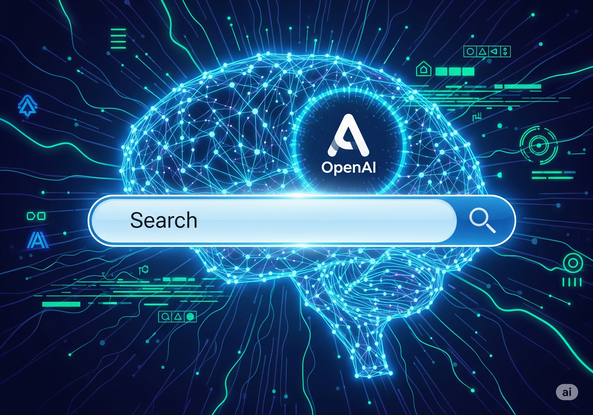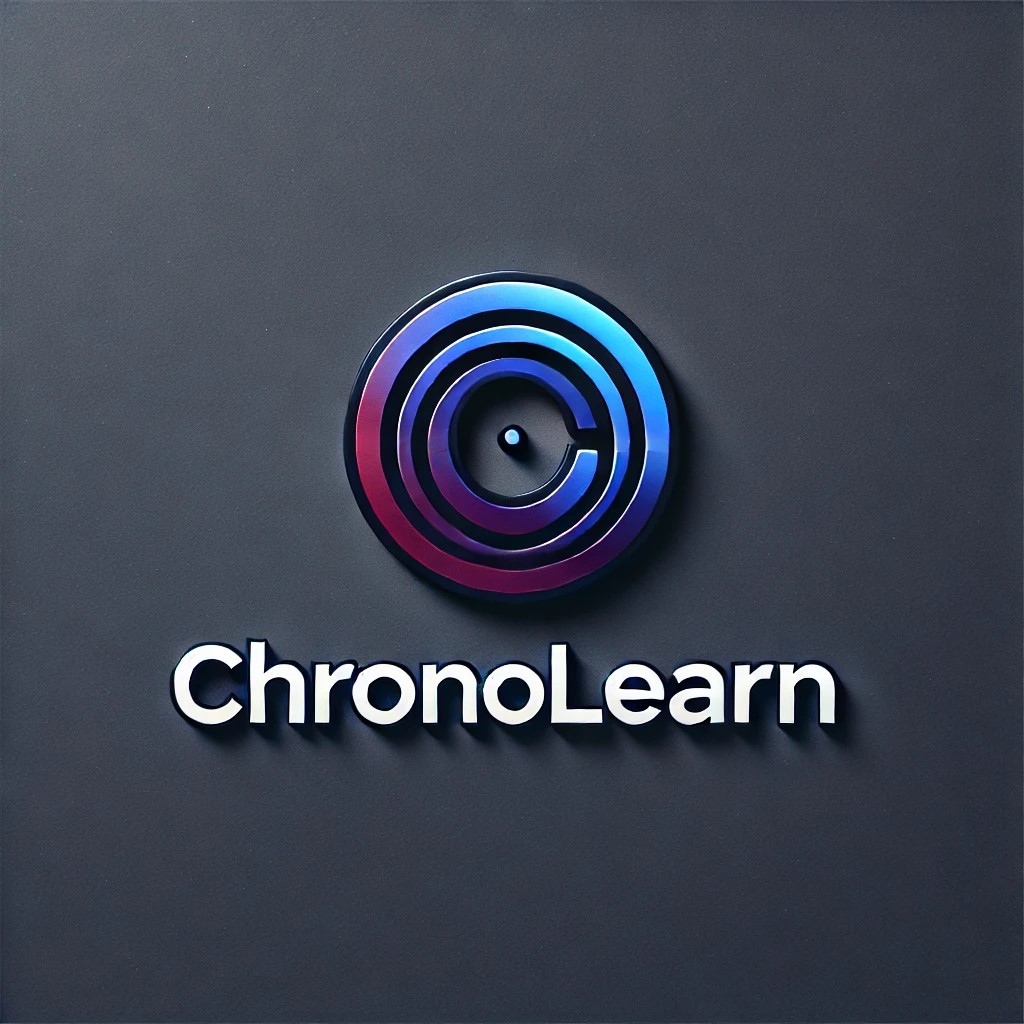
What is SearchGPT? Details about Open AI's Search Engine
Introduction
In the ever-evolving world of artificial intelligence, OpenAI continues to break new ground. Following the massive success of ChatGPT, the company has introduced SearchGPT—a tool that blends the speed of search engines with the intelligence of conversational AI. As AI-powered search becomes a key trend in 2025, SearchGPT could redefine how we explore, access, and interact with information online.
This blog breaks down what SearchGPT is, how it works, why it's generating buzz in the tech world, and how businesses and users alike can benefit from this emerging technology.
What is SearchGPT?SearchGPT is a next-generation AI-powered search engine developed by OpenAI that combines traditional web search capabilities with the advanced natural language understanding of GPT models. Unlike typical search engines that serve users a list of links, SearchGPT is designed to provide direct, conversational, and contextual answers, much like a personal research assistant.
It leverages the capabilities of ChatGPT and web integration, offering real-time responses with updated information from across the internet. This positions SearchGPT as a hybrid between a search engine and an AI chatbot, making it more user-friendly and efficient for knowledge retrieval.
How Does SearchGPT Work?SearchGPT operates using a combination of:
-
Generative AI (like GPT-4 or later versions): For understanding natural language prompts and generating human-like responses.
-
Real-time web access: To retrieve the most current information.
-
Ranking and relevance algorithms: That prioritize high-quality sources.
-
Conversational memory: Which allows follow-up questions to be more context-aware than traditional search.
For instance, asking “What are the latest iPhone models under ₹1 lakh?” will yield a summarized and conversational result, not just a list of links.
Key Features of SearchGPT 1. Conversational SearchSearchGPT allows users to interact in a back-and-forth manner, enabling follow-up questions and deeper exploration without restarting the query.
2. Real-Time Web ResultsUnlike standalone language models, SearchGPT can access and verify current data from the web, offering timely and accurate information.
3. Citation and Source LinkingTo maintain transparency, SearchGPT can provide source citations, allowing users to validate and explore the information further.
4. Multi-modal CapabilitiesIn the near future, SearchGPT may support images, voice queries, and code execution, making it a more versatile tool for developers, marketers, and researchers.
5. PersonalizationWith memory features, SearchGPT could learn from your past searches and preferences to deliver more tailored results.
Why is SearchGPT a Game-Changer in 2025?-
Reduced Information Overload: Instead of scrolling through hundreds of links, users get precise, summarized answers.
-
Boosts Productivity: Especially helpful for students, content creators, marketers, and developers who need fast, accurate research.
-
Voice Search Evolution: Combines conversational AI with web results, a major leap for voice-based digital assistants.
-
SEO Impact: Marketers must now optimize not just for Google but also for how AI bots interpret and summarize their content.
-
Research and Fact-Checking
-
Learning and Educational Assistance
-
Product Recommendations
-
Programming Help
-
Marketing Insights
-
Business Competitor Analysis
-
Still evolving: As it’s in its early phase, some data may occasionally be outdated or generalized.
-
Bias and hallucinations: While OpenAI improves model accuracy constantly, AI outputs must be fact-checked in high-stakes scenarios.
-
Limited in very niche queries: For highly specialized topics, traditional expert sources might still be more accurate.
SearchGPT is a powerful innovation that merges search with conversation, creating an intuitive way to navigate the internet in 2025 and beyond. As AI continues to shape how we access and understand information, tools like SearchGPT signal a future where the boundaries between search engines and digital assistants are blurred.
For businesses, educators, and everyday users, staying informed about tools like SearchGPT can unlock smarter workflows and more informed decision-making.






